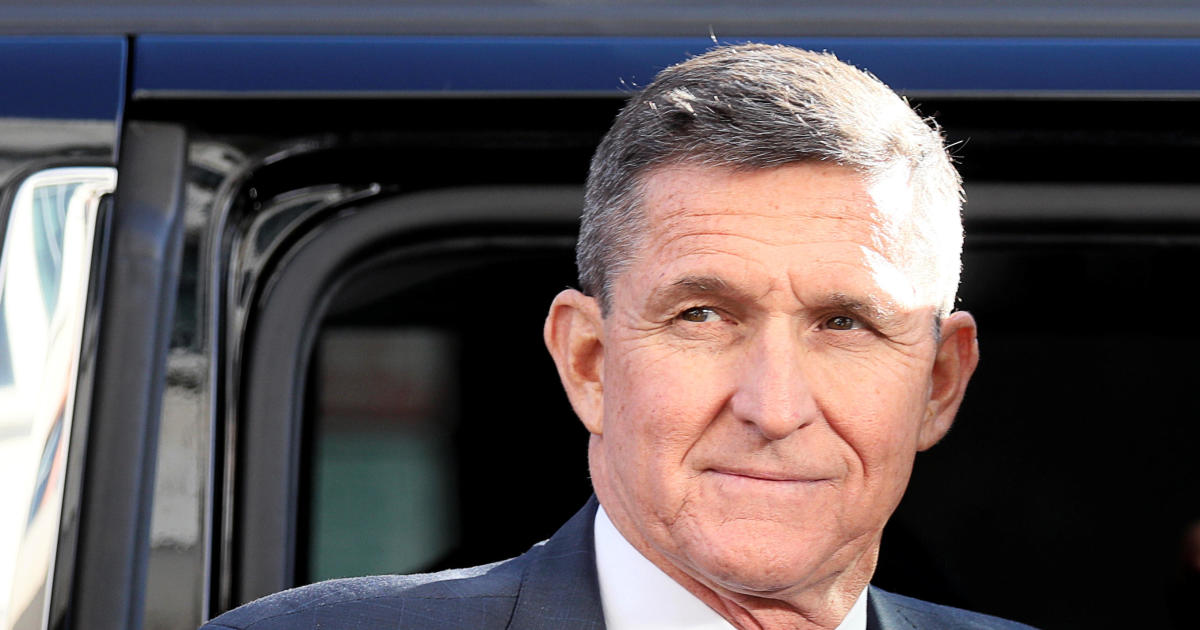The full Court of Appeals in Washington, D.C., will decide whether or not Judge Emmett Sullivan should be forced to drop the criminal case against Michael Flynn, according to an order issued Thursday.
The circuit court granted Sullivan’s request for a hearing, vacating an earlier decision that demanded Sullivan dismiss the case.
In June, a three-judge panel ruled 2 to 1 in favor of Flynn, who had filed an emergency appeal after Sullivan did not immediately dismiss his case following the government’s move to dismiss the criminal charges against him. Earlier this month, Sullivan appealed that decision, asking for an en banc hearing, which is one that would be heard by the full court.
The Justice Department announced its decision to dismiss the criminal case against President Trump’s former national security adviser in early May, having “concluded that the interview of Mr. Flynn was untethered to, and unjustified by, the FBI’s counterintelligence investigation” and that “it is not persuaded that the January 24, 2017 interview was conducted with a legitimate investigative basis.”
Flynn pleaded guilty in December 2017 to charges stemming from his admission that he had lied to FBI investigators in the course of the Mueller investigation. He made false statements about conversations he had engaged in during the transition period with then-Russian envoy Sergey Kislyak regarding sanctions imposed by the Obama administration. In February 2017, he was ousted after only weeks on the job as national security adviser.
“People sometimes plead to things that turn out not to be crimes,” Attorney General William Barr said in an interview with CBS News’ Catherine Herridge. “And the Department of Justice is not persuaded that this was material to any legitimate counterintelligence investigation. So it was not a crime.”
In response to the Department’s atypical decision, Sullivan tapped retired Judge John Gleeson in May as a “friend of the court” to argue against the Justice Department’s move to drop the criminal case against Flynn. It was that appointment that spurred Flynn to ask the circuit court to order Sullivan to dismiss the case, and reassign it to a different jurist.
In an 82-page brief submitted to the court in June, Gleeson argued that the court should reject the Justice Department’s request to drop the charges against Flynn for “deficient” reasoning and “clear evidence of gross prosecutorial abuse.”
Gleeson also concluded that Flynn did in fact commit perjury after declaring his guilt twice in court under oath, only to later alter claim his innocence. However, rather than holding a hearing to determine whether or not Flynn should be held in contempt, Gleeson recommended that Sullivan should take this into consideration at sentencing.
“This approach — rather than a separate prosecution for perjury or contempt — aligns with the Court’s intent to treat this case, and this Defendant, in the same way it would any other,” he wrote.
